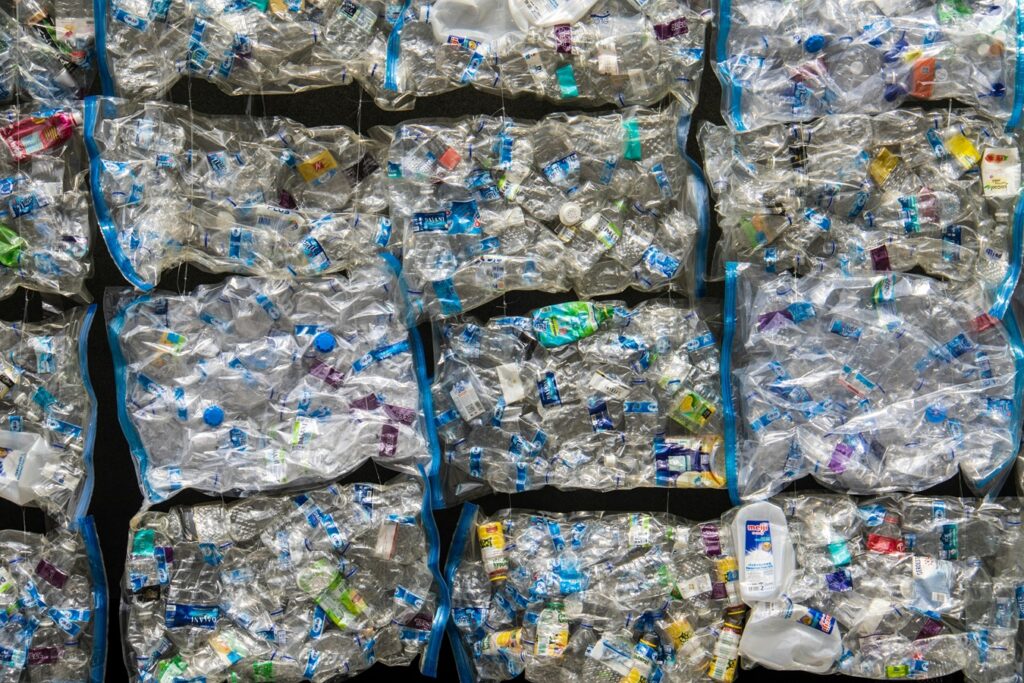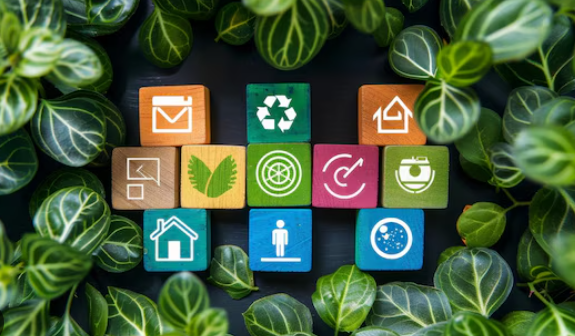The Importance of Recycling: What Every Nigerian Should Know

The Importance of Recycling: What Every Nigerian Should Know
Recycling is a crucial component of sustainable waste management and environmental conservation. In Nigeria, where waste management challenges are significant, recycling offers a practical solution to reduce waste, conserve resources, and protect the environment. This article delves into the importance of recycling, its benefits, and practical steps every Nigerian can take to contribute to a cleaner, greener future.
What is Recycling?
Recycling is the process of converting waste materials into new, reusable products. It involves collecting and processing items such as paper, plastic, glass, and metal, which would otherwise end up in landfills or be incinerated. By recycling, we can reduce the need for raw materials, conserve energy, and minimize environmental pollution.
The Benefits of Recycling
Environmental Protection:
- Recycling reduces the amount of waste sent to landfills and incinerators, decreasing land and air pollution. It also helps conserve natural resources, such as timber, water, and minerals, by reducing the need for new raw materials. Recycling helps prevent habitat destruction and biodiversity loss associated with resource extraction.
Energy Conservation:
- Recycling typically uses less energy compared to producing new products from raw materials. For example, recycling aluminum saves up to 95% of the energy required to produce aluminum from bauxite ore. Similarly, recycling paper uses significantly less energy than producing new paper from wood pulp.
Economic Benefits:
- Recycling creates jobs in collection, processing, and manufacturing industries. It also reduces costs associated with waste management and disposal. By supporting recycling industries, we can stimulate economic growth and promote sustainable development.
Climate Change Mitigation:
- Recycling helps reduce greenhouse gas emissions that contribute to climate change. By using recycled materials, we can lower carbon dioxide and methane emissions from landfills and decrease energy consumption in manufacturing processes.
Resource Efficiency:
- Recycling promotes efficient use of resources, ensuring that valuable materials are not wasted. It encourages a circular economy, where products and materials are continually reused, repaired, and recycled, reducing the need for constant extraction of new resources.
Recycling in Nigeria: Current Challenges and Opportunities
In Nigeria, recycling is still in its nascent stages, facing several challenges:
- Lack of Infrastructure: Insufficient recycling facilities and collection systems make it difficult to manage waste effectively.
- Public Awareness: Limited awareness and education about the benefits and practices of recycling hinder widespread adoption.
- Regulatory and Policy Gaps: Inconsistent enforcement of waste management regulations and policies affects the efficiency of recycling programs.
- Informal Sector Dominance: A significant portion of recycling activities is conducted by the informal sector, which often lacks the necessary resources and support.
Despite these challenges, there are numerous opportunities to improve and expand recycling efforts in Nigeria:
- Government Initiatives: Strengthening policies and regulations to support recycling, providing incentives for recycling businesses, and investing in infrastructure.
- Public Education: Raising awareness through educational campaigns, workshops, and community programs to inform citizens about the importance of recycling and how to participate.
- Private Sector Engagement: Encouraging businesses to adopt sustainable practices, support recycling programs, and develop innovative recycling technologies.
- Community Involvement: Mobilizing communities to take an active role in recycling efforts through local initiatives, clean-up drives, and waste separation practices.
How to Recycle Effectively: Practical Tips for Nigerians
Understand What Can Be Recycled:
- Familiarize yourself with the types of materials that can be recycled in your area. Common recyclable items include paper, cardboard, glass bottles, aluminum cans, and certain plastics. Check with local waste management services or recycling centers for specific guidelines.
Separate Your Waste:
- Separate recyclable materials from general waste at the source. Use different bins for paper, plastic, glass, and metal to make it easier for collection and processing. Ensure that recyclables are clean and dry to avoid contamination.
Reduce and Reuse Before Recycling:
- Prioritize reducing waste and reusing items before recycling. Opt for reusable bags, bottles, and containers to minimize single-use plastics. Repair and repurpose items to extend their lifespan.
Support Local Recycling Programs:
- Participate in local recycling initiatives and support community efforts to improve waste management. Engage with local NGOs and community groups working on environmental sustainability projects.
Educate Others:
- Spread awareness about the importance of recycling among your family, friends, and community. Share tips and resources to help others understand and practice effective recycling.
Case Studies: Successful Recycling Initiatives in Nigeria
Lagos State Waste Management Authority (LAWMA):
- LAWMA has implemented various recycling programs, including door-to-door collection services, recycling banks, and public awareness campaigns. Their initiatives have significantly improved waste management in Lagos and set a model for other states to follow.
RecyclePoints:
- RecyclePoints is a social enterprise that incentivizes recycling by offering rewards for recyclable materials collected. They work with individuals, households, and businesses to promote recycling and reduce waste.
Wecyclers:
- Wecyclers is an innovative recycling company that uses a fleet of low-cost cargo bicycles to collect recyclable materials from households in Lagos. They provide incentives to residents, helping to increase recycling rates and improve waste management.
Conclusion
Recycling is a vital practice for achieving environmental sustainability in Nigeria. By understanding its importance, adopting effective recycling habits, and supporting initiatives, we can reduce waste, conserve resources, and protect our environment. Every Nigerian has a role to play in this collective effort. Together, we can build a cleaner, greener, and more sustainable future.
Let’s embrace recycling today and make a lasting impact on our planet. Your actions matter—start recycling now and inspire others to join the movement towards a zero-waste Nigeria
Most Recent Posts
Clean Street Initiative (CSI) is an NGO in Nigeria dedicated to fostering environmentally responsible citizens. Driven by a strong commitment to sustainability, CSI aims to inspire and educate individuals to take active roles in protecting and preserving the environment.
Contact
+234 (903) 283-3036
info@cleanstreetinitiative.org
1-5 Oba Akinjobi Rd, Ikeja GRA, Lagos



